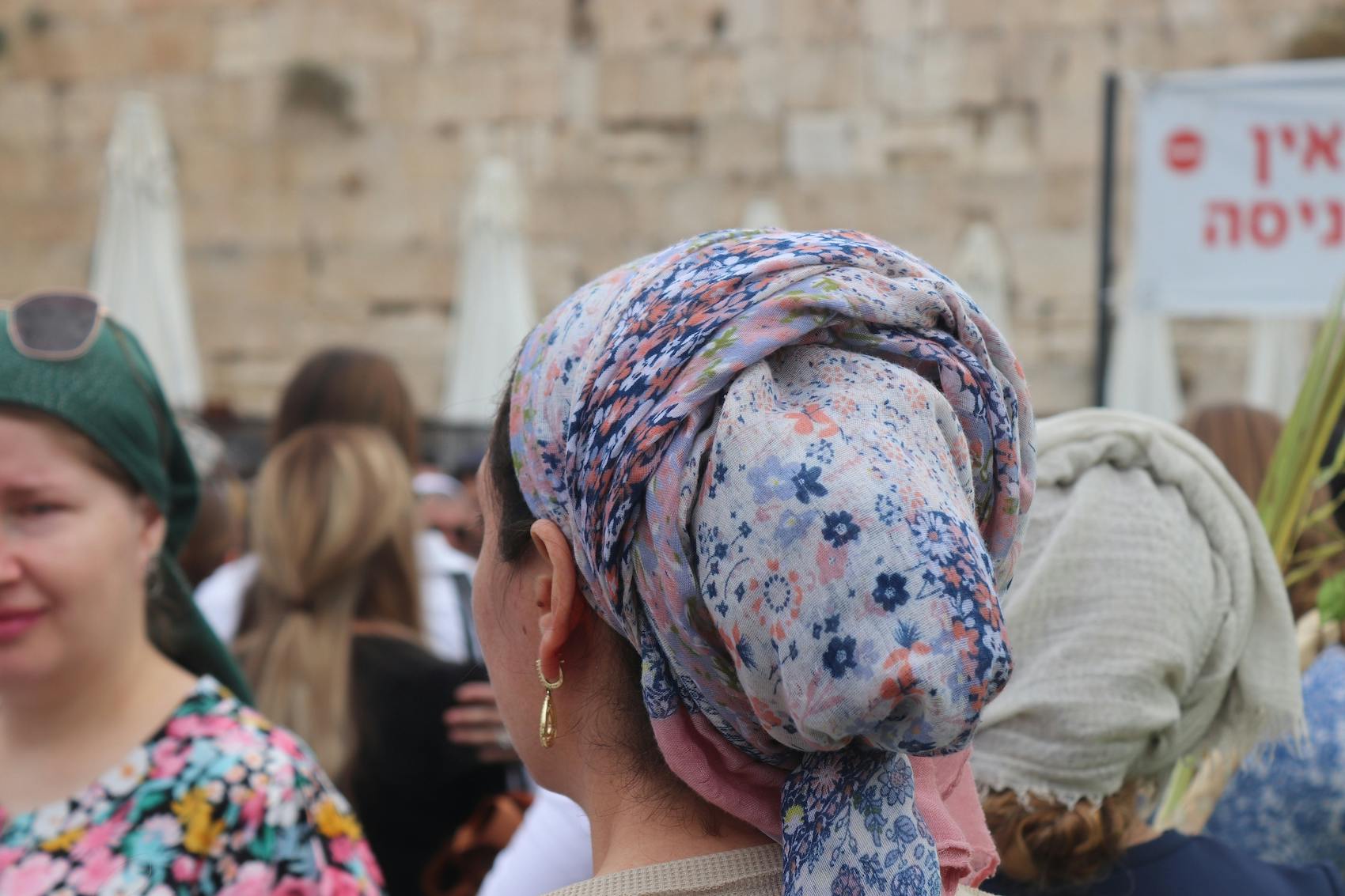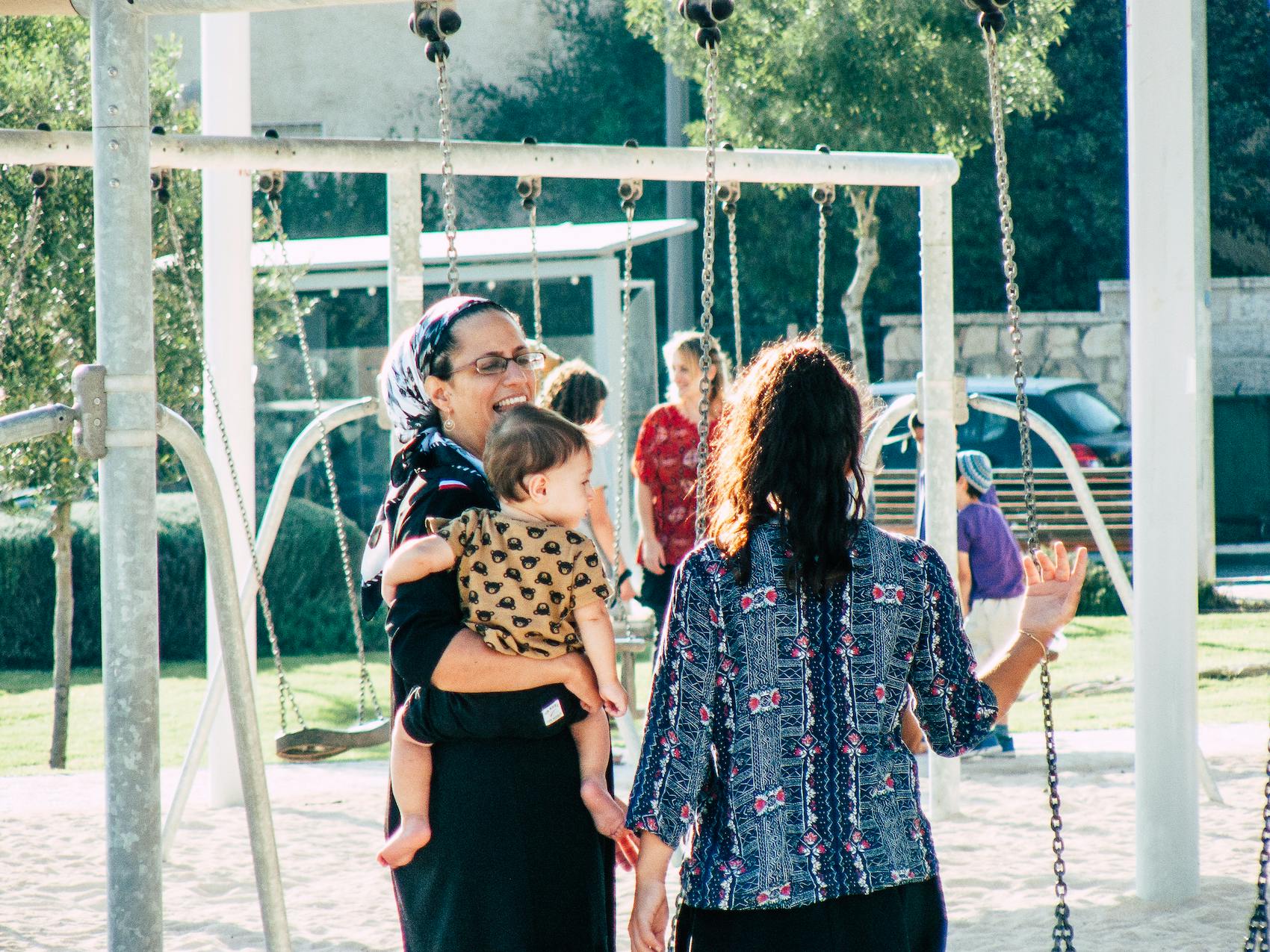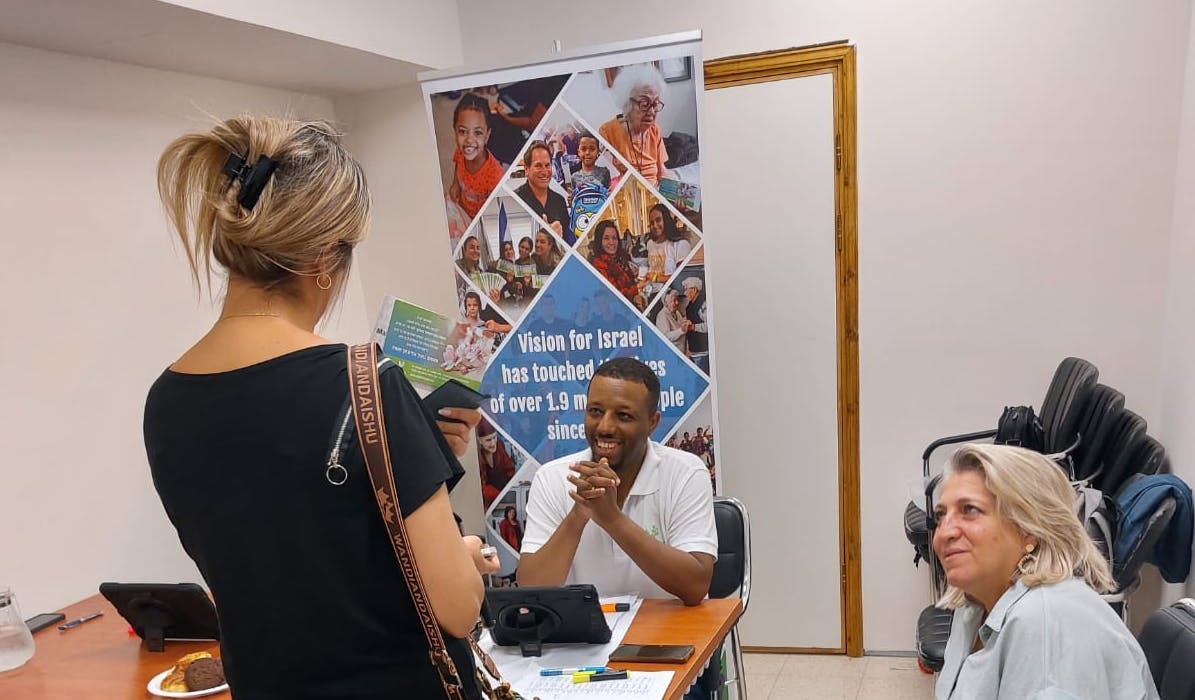Holocaust Survivors Brace for Another Harrowing Challenge
Thursday, August 6, 2020
Do not cast me off in the time of old age; Do not forsake me when my strength fails.
Psalm 71:9
Life is lonely for Holocaust survivors these days. For them, advanced age, limited mobility, and chronic conditions have long presented challenges—and the pandemic has only added to the risk of social interaction for this vulnerable cohort.
Panic buttons—have served as a literal lifeline, offering security and peace of mind for a population who spend most of their time alone.
In recent years, we have partnered with the Foundation for the Benefit of Holocaust Victims, and have run an initiative to fund panic button service (they require a subscription service to operate) in the homes of Holocaust survivors.
So far, we’ve enabled about 800 Holocaust survivors to call immediately for help (doctor or ambulance) in any case of distress—24 hours a day, 365 days a year—whether living alone in their homes, or in sheltered housing.
Lifesaving Service
Avraham* is an 86-year-old Holocaust survivor living in Jerusalem who has received panic button services from us since 2015.
Avraham has a disability in his legs and suffered a terrible fall about eight months ago. Thankfully, he was able to call for help using his panic button, and medics arrived with an ambulance. He sustained a serious injury to his head, requiring an operation to repair. Today, he’s thankful to have survived:
"I was rocking between life and death,” he said, adding: "The button is next to me all the time—if God forbid something happens to me, I know I should press it. It gives me [a sense of] security. I am very grateful for the dedicated service."**
A Difficult Past
When the war broke out in Yugoslavia, Avraham’s father was deported to a concentration camp, where he eventually perished. Avraham was only seven years old at the time. He, his mother, and three brothers were then removed from their home.
Too poor for shoes, he spent four years walking without them—leading to his eventual leg disability. His three brothers died during the war, and he and his mother stayed with the partisans until the fighting finally ended.
After the war, Avraham remained in Yugoslavia, married, and had two daughters. He became an educator and worked for 36 years as a music teacher for teenagers in Bosnia. He immigrated to Israel in 1996 with his family.
He currently lives alone and has two daughters, six grandchildren, and two great-grandchildren.
Deeply lonely, he has been assigned several volunteers over the years. Avraham keeps letters and pictures of everyone.
Security in Jeopardy
Unfortunately, the Foundation for the Benefit of Holocaust Victims, with whom we partner on this service, has not yet been able to raise all the funding required to provide emergency button service for 2021 and beyond.
In the absence of sufficient donations, there is no guarantee that the channel will continue to exist—and there is a tangible concern that thousands of existing subscribers will have to be disconnected. No new subscribers have been added since 2018, due to an existing funding shortfall.
We need your help so that we can continue to allow existing subscribers the opportunity to benefit from the service that is so essential for them.
The cost of financing the service for a year for each Holocaust survivor is 450 NIS or about $130 USD.
Necessary & Appreciated
In a telephone survey conducted for the Foundation in May 2019 by the Smith Research Institute, among a representative sample of Holocaust survivors using the button service:
- 93% of all panic button owners indicated that they received the type of response that suited their needs
- 64% of all panic button owners indicated that the service gives them a sense of security
- 42% of respondents are certain or think they will not continue the service if the program is terminated
We appreciate your prayers, and any financial help you can offer to help us continue to fund this life-saving service. Will you join us in extending security and safety to Holocaust survivors in need?
*Name changed for privacy
**Translated from Dan Lavi's article from Yisrael Hayom





